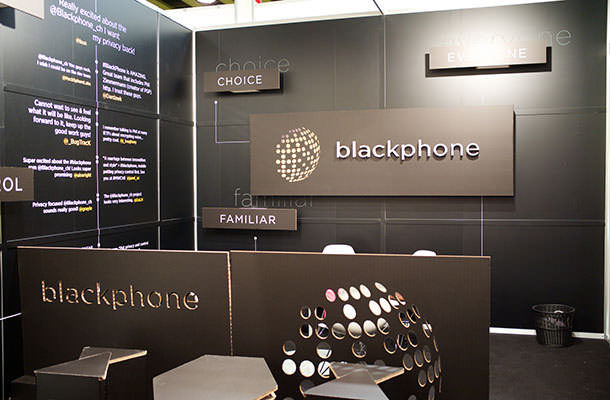Achieve Ultimate Privacy With Blackphone

Privacy has become a top area of concern when it comes to smartphones, but is it enough of a feature to sell a device around? The makers of Blackphone certainly think so.
Blackphone is, at first glance, a fairly standard-looking Android phone, with what appears on the surface to be a vanilla installation of Android 4.4 KitKat. But in fact, its operating system is PrivatOS, which gives the user a much higher degree of control over what apps running on the phone are allowed to access and what they can do.
It even provides control over the system-level applications — you can, if you wish for some reason, turn off the Camera app’s access to the camera hardware and turn off the Browser app’s access to networks.
This phone has been designed from the ground up to be as secure as possible on all fronts. It comes with a set of built-in apps for things like contact management, placing calls, and sending texts.

These apps encrypt everything that is sent using the most thorough encryption protocols, and even allow you to send burn notices which “self-destruct” after a specified period of time.
But when you start comparing the Blackphone to other competitive smartphones, it doesn’t fare as well as we would hope. While the Blackphone’s specs may not be state-of-the-art amazing, they aren’t embarrassing either.
It comes with a 4.7-inch 720p display, an 8MP rear camera and 5MP front camera, 16GB onboard storage and 1GB of ram. There’s one thing that’s a bit out of the norm in the Blackphone’s kit—a 2GHz Nvidia Tegra 4i quad-core system-on-chip.
Those specs put this phone on the low end of modern smartphones, and with a price of $629 and no chance for carrier subsidies, it’s an even harder sell.












